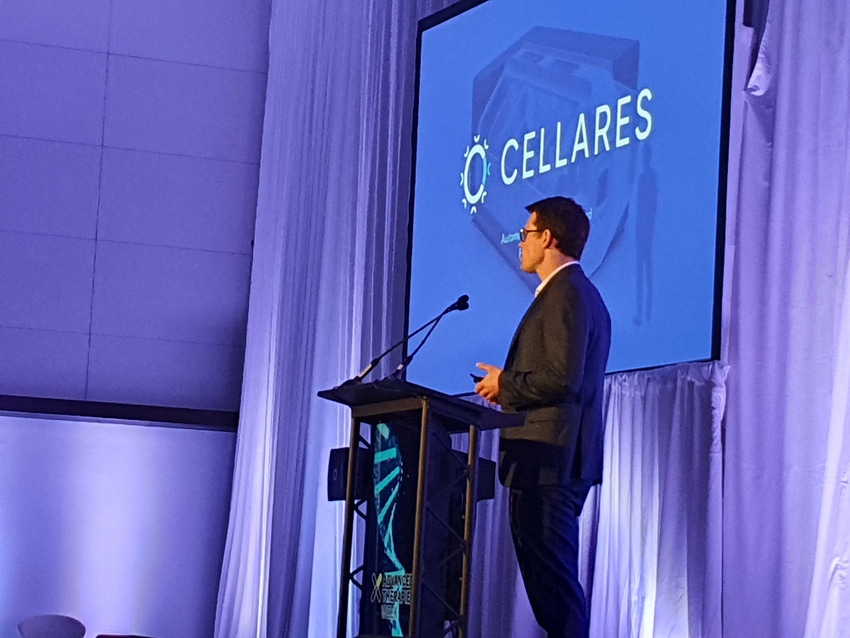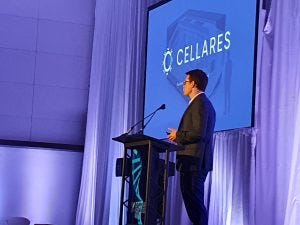Content Spotlight
Podcast: MilliporeSigma says education vital to creating unbreakable chain for sustainability
MilliporeSigma discusses the importance of people, education, and the benefits of embracing discomfort to bolster sustainability efforts.

With cell therapy firms looking beyond manual production methods, Cellares claims its ‘factory-in-a-box’ Cell Shuttle platform can offer the ultimate in walk-away automation on an industrial-scale.
For years, industry has looked to automated processes to make cell therapies safely and at scale. Success has been variable, but developers continue investing in automated technologies to help make their complex therapies cost-effective.
“A lot of people agree that automation is the way to go,” Fabian Gerlinghaus, co-founder and CEO of Cellares told delegates at Phacilitate’s Advanced Therapies Week in January. Quoting a survey of 150 cell therapy leaders undertaken by CRB, he said process automaton is the number one and most significant advancement that will affect decision making. (Closed manufacturing processes came a close second).

Fabian Gerlinghaus spoke at Advanced therapies Week in Miami in January
But what does ‘automation’ mean in a practical sense? Gerlinghaus described the four setups currently available to cell therapy developers:
The first, he said, are truly manual processes, relying on traditional operated equipment such as biosafety cabinets and incubators.
“A step up from that is where most of us are today – using instruments that effectively automate unit operations for one patient at a time. These instruments are built by different vendors. They are inoperable: all of them have different consumables, different vendors, different types of failures, different software systems.”
He continued: “A step up from there, you have integrated approaches to automation where you’re relying on a single solution that automates the entire manufacturing process for one patient at a time, but it does so end-to-end.”
But what will really transfer the industry, he said, is a move to a fully integrated and high throughput approach to automation where the entire manufacturing process is automated end-to-end for multiple patients at the same time.
This is the area Cellares is attempting to play in, through its Cell Shuttle technology – a modular and automated platform comprising of hardware, software, robotics and consumables capable of manufacturing cell therapies for up to 10 patients, or 10 allogeneic batches, simultaneously.
The Cell Shuttle holds 10 closed, “automated and single-use ‘GMP in a box’ cartridges,” he explained, preloaded with the starting material from the patient. When unloaded, the result is a fully filled, finished, and formulated cell therapy product.
According to Gerlinghaus, this “factory-in-a-box” has the potential to treat 500 patients per year, based on a seven day manufacturing process. Furthermore, the system is 80% more efficient in terms of facility space required compared to manual or bolted-together automated approaches, and has repercussions when it comes to staffing and costs.
“By fully automating the processes end-to-end, we are removing many opportunities for operator error. By fully closing the process, we’re removing many opportunities for contamination, and we’re reducing the amount of human labor that is required by about 75% […] This makes a significant contribution towards reducing costs.”
How much the platform can reduce the cost of cell therapy manufacturing was not explicitly stated, but Gerlinghaus pointed to a journal article stating high throughput automation can reduces batch cost by 30% and increase throughput by 760% when compared with manual.
“However, we think we can do better than that.”
For more information on Cellares, check out BioProcess Insider Expression podcast with Fabian Gerlinghaus here.
You May Also Like